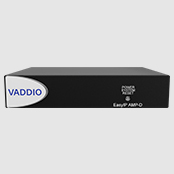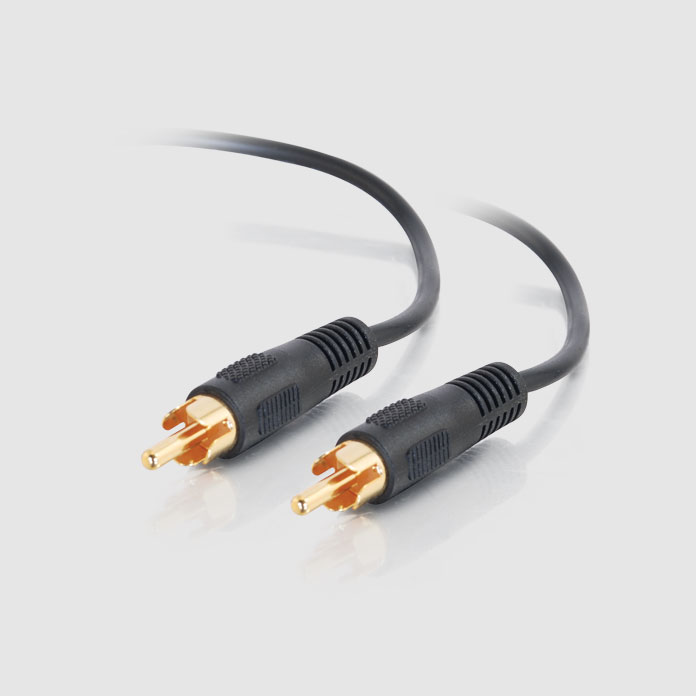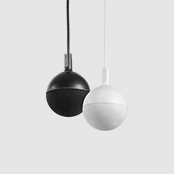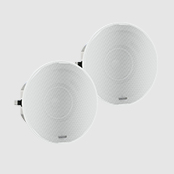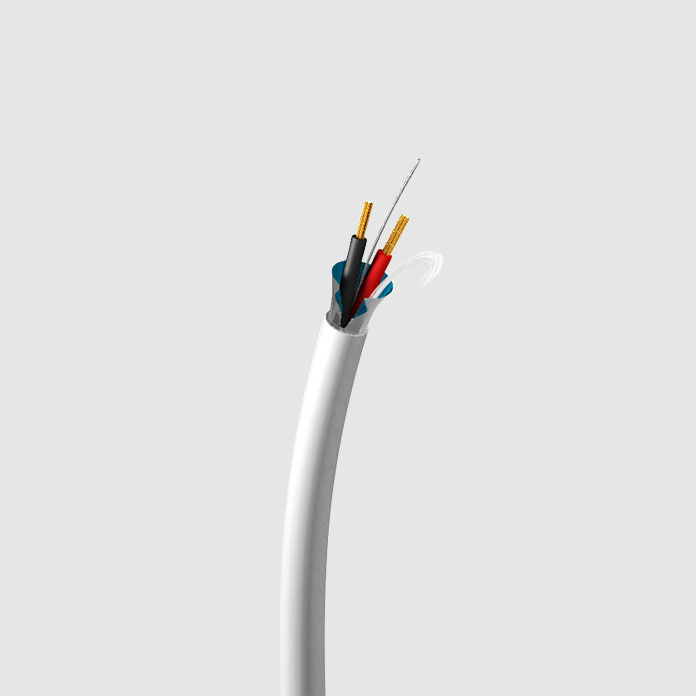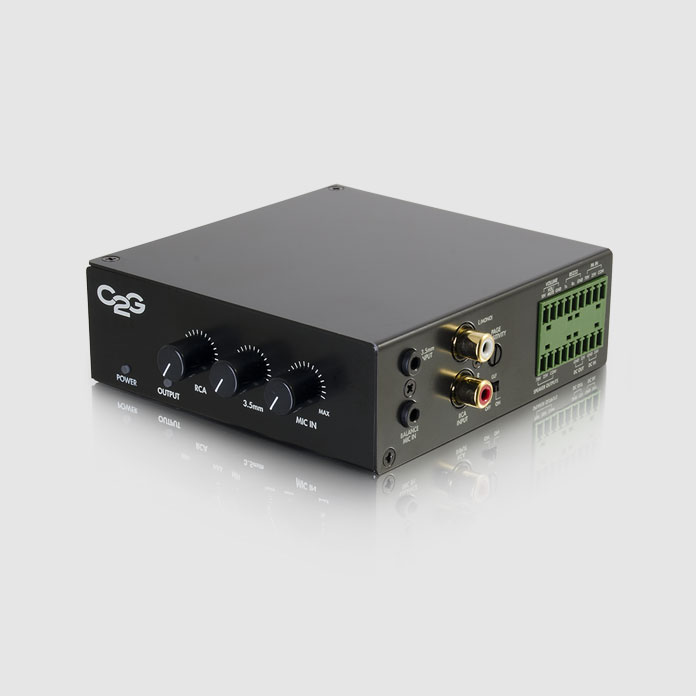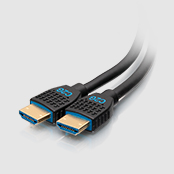Your session is about to expire!
For security reasons, you will be signed out in seconds. Do you want to stay signed in?
Yes, keep me signed in No, sign me outYour session has expired.
For security reasons, you have been signed out.
Do you want to sign back in?
Returning to previous page...
- Audio
-
AV Furniture
- View All
- Acoustic Ceiling Tile Systems
- Acoustic Wall Panel Systems
- ADA-Compliant Wall Tiles
- Carts & Stands
- Collaboration
- Conference Tables
- Consoles & Workstations
- Credenzas
- Easels
- Furniture Power
- In-Surface Power
- Kiosks
- Lecterns
- Modular Power
- On-Surface Power
- Storage
- Table Boxes & Retractors
- Furniture Accessories
- Cables
- Cameras and Video
- Converters, Extenders, & Switchers
- Desktop Connectivity
- Enclosures
- Floor Boxes
- In-Floor Systems
- Mounts
- Networking
- Poke-Thru Devices
- Poles & Columns
-
Power
- View All
- Behind the Display
- Compact Power
- Configurable & Modular Power
- DC Power Distribution
- Horizontal Rackmount Power
- Intelligent Power
- International Power
- In-Wall Storage with Power
- Power Cords
- Power Strips
- Furniture Power
- Outdoor Power
- Series Surge Protected Power
- Table Boxes & Retractors
- UPS Backup Systems
- Vertical Power
- Power Accessories
- Projection Screens
- Raceway & Cord Covers
-
Racks
- View All
- 2 & 4 Post Racks
- Cable Management
- Desktop & In-Cabinet Racks
- Floor Standing Racks
- Hardware & Fasteners
- Installation Time Savers
- Knockdown Racks
- Mobile Racks
- Rackmount Panels
- Pre-Configured Racks
- Power for Racks
- Rackmount Shelves & Storage
- Slide Out Racks
- Thermal Management
- Wall Mount Racks
- Wood Racks
- Rack Accessories
- Storage
- Accessories
Audio
Legrand offers audio cables for any digital, analog, or optical application. With inventory ranging from 3.5mm stereo cables, TOSLINK optical audio to XLR, TRS, RCA, and anything in between, we have what it takes to distribute sound between devices or from a device to speakers.
Common Audio Cable FAQ's
Have questions about audio cables? Let's discuss some of the most common questions about audio cables.
Learn more about Audio Cables
What are audio cables?
Audio cables are essential components of any audio setup, serving as conduits that transmit sound signals from one device to another. These cables come in various forms and sizes, each designed for specific functions, such as connecting speakers to amplifiers, linking audio sources to receivers, or facilitating professional audio recordings. The quality and type of audio cable can significantly influence the sound quality, making it crucial to understand and select the right cables for your needs.
What are the different types of audio cables?
There are several types of audio cables, each designed for specific audio tasks:
- RCA Cables: Commonly used to connect stereo equipment, including amplifiers, receivers, and turntables.
- Coaxial Digital Cables: Similar to RCA cables, they are designed for digital audio signals and offer high-quality sound transmission.
- XLR Cables: Preferred in professional audio settings for microphones and high-quality connections between audio interfaces and speakers.
- 3.5mm AUX Cables: Widely used for headphones, computers, and portable audio devices.
- Optical Toslink Cables: They transmit digital audio between devices, which is ideal for home theater systems.
- Speaker Cables: These are used to connect speakers to amplifiers or receivers and are crucial for transmitting high-fidelity sound.
What is the best cable for a sound system?
The "best" cable for a sound system depends on the specific setup and needs. For high-end audio systems, balanced cables like XLR or high-quality speaker cables ensure minimal signal interference and loss, delivering superior sound quality. For K-12 classrooms and small conference rooms, optical or coaxial digital calves might be the best choice for clear digital audio transmission. Matching the cable to the equipment's requirements and intended use is important.
Which are the two most common cables used in audio?
The two most common audio cables are:
- 3.5mm Aux Cables: Their widespread use across various devices makes them a staple in both professional and casual audio setups.
- RCA Cables: These are fundamental for connecting stereo components and are mainstays in many audio systems.
How do you connect audio cables?
Connecting audio cables involves:
- Identifying compatible ports on both the output and input devices.
- Choosing the right cable type that matches the ports on both devices.
- Plugging in the cables securely into the corresponding ports ensures a snug fit without forcing them.
- Testing the connection by playing audio to confirm the setup works as intended.
Note: Always refer to the device's manual for specific connection instructions and recommendations.
What cable do you need for speakers?
The cable needed for speakers depends primarily on the type of speakers and the amplifier or receiver. Passive speakers require speaker wires and cables to connect to an amplifier, with the gauge and length of the wire affecting the sound quality. Active speakers may use a variety of cables, including XLR, RCA, or 3.5mm, depending on the input options available.
What type of audio cable do I need?
Selecting the right audio cable involves considering the following:
- The device you are connecting: Check the available ports (e.g., RCA, XLR, 3.5mm).
- The distance between devices: Longer distances may require specific cable types or qualities to prevent signal loss.
- The audio quality desired: High-fidelity setups benefit from higher-quality cables that reduce interference.
Where can I buy audio cables?
When you are ready to buy audio cables, look no further than Legrand | AV and its distribution and reseller partners.

